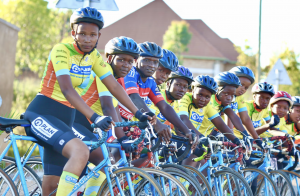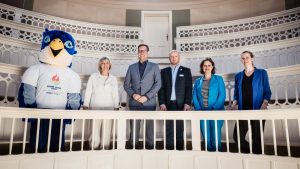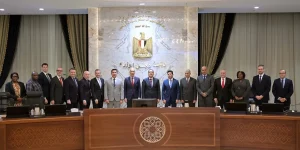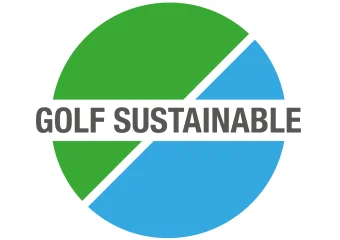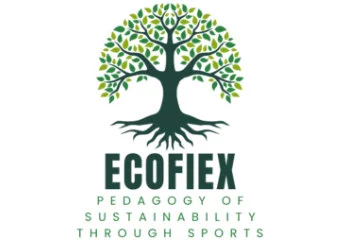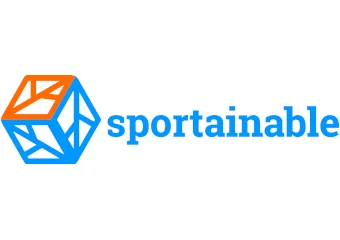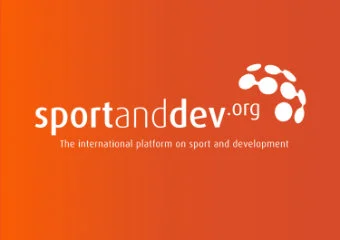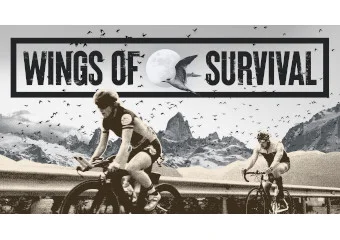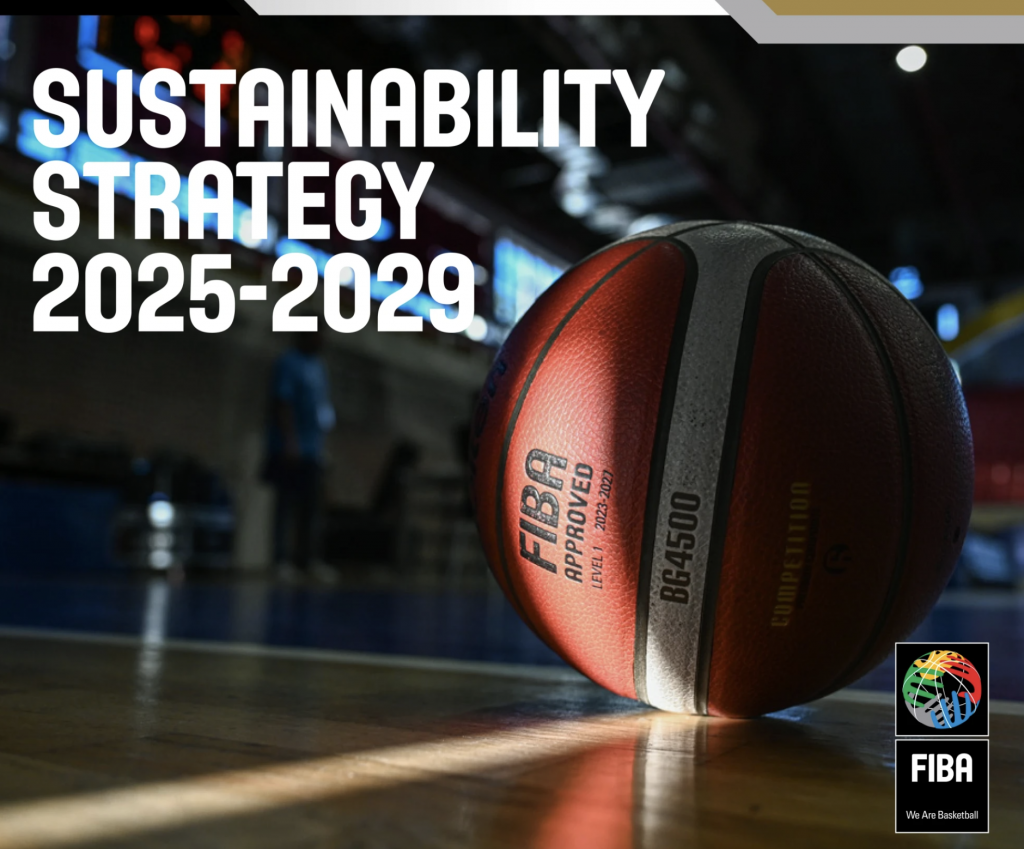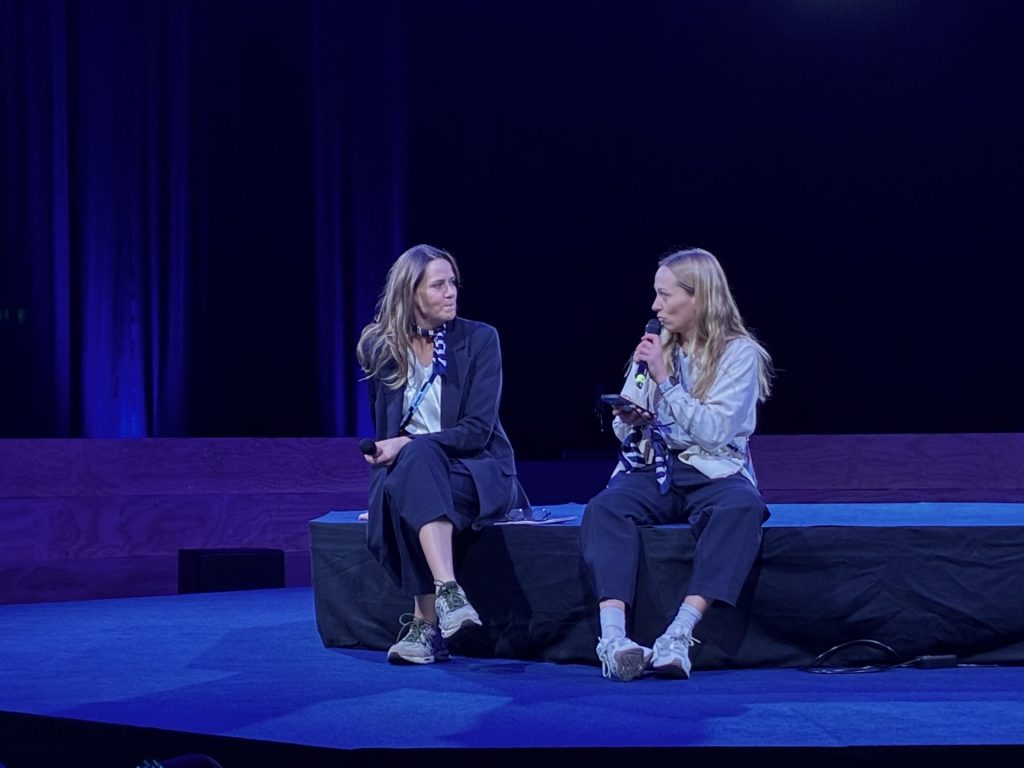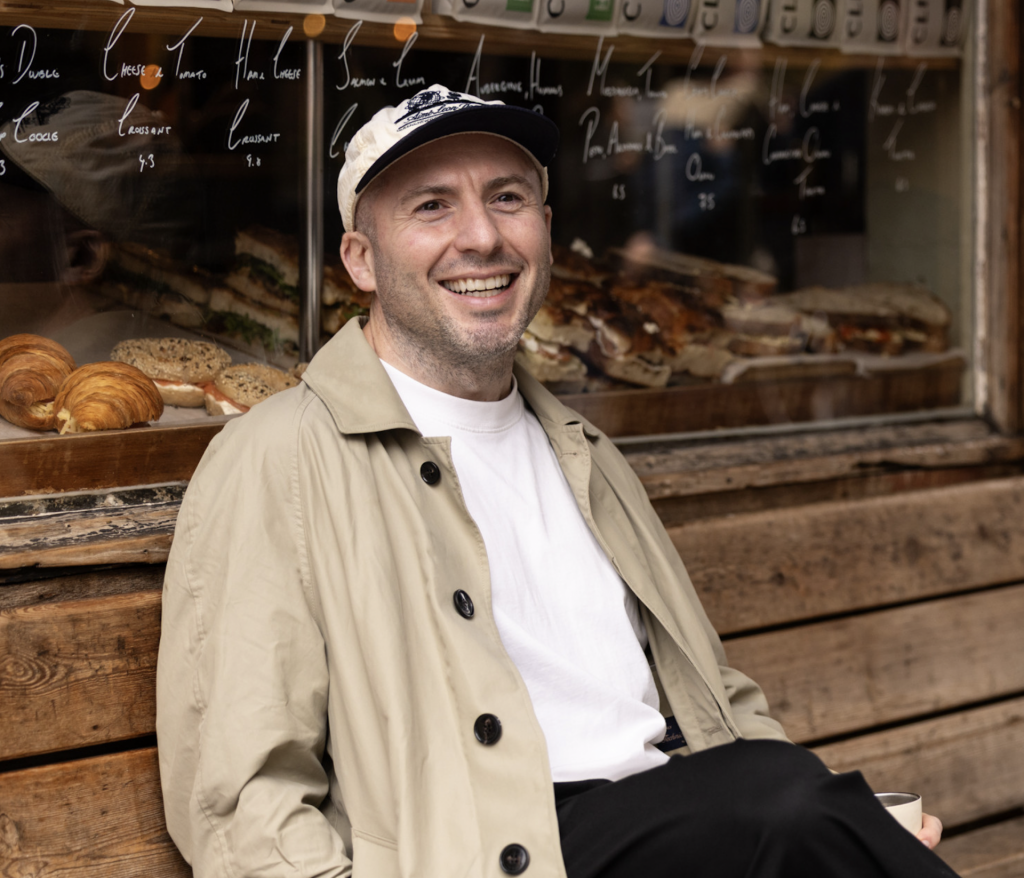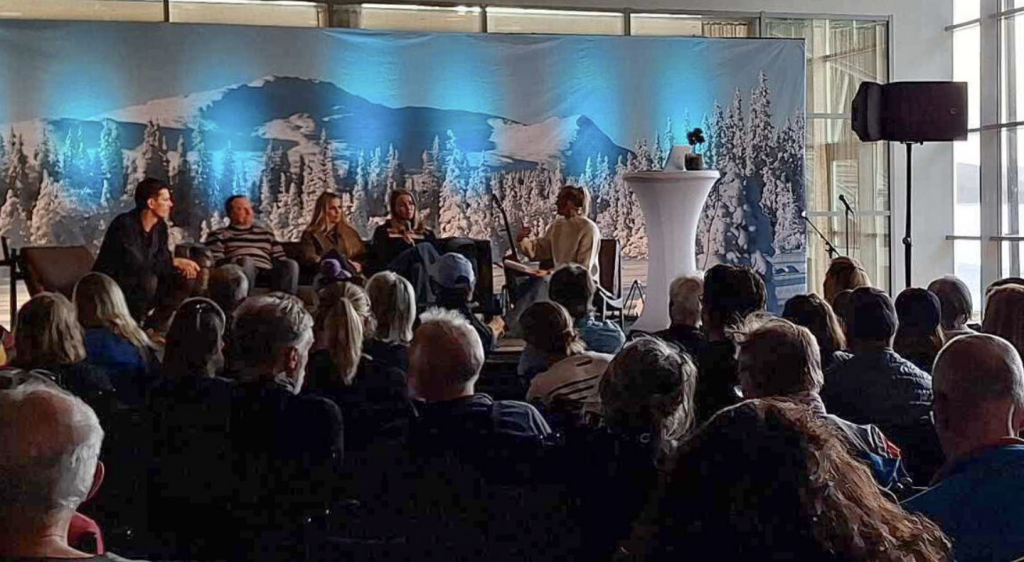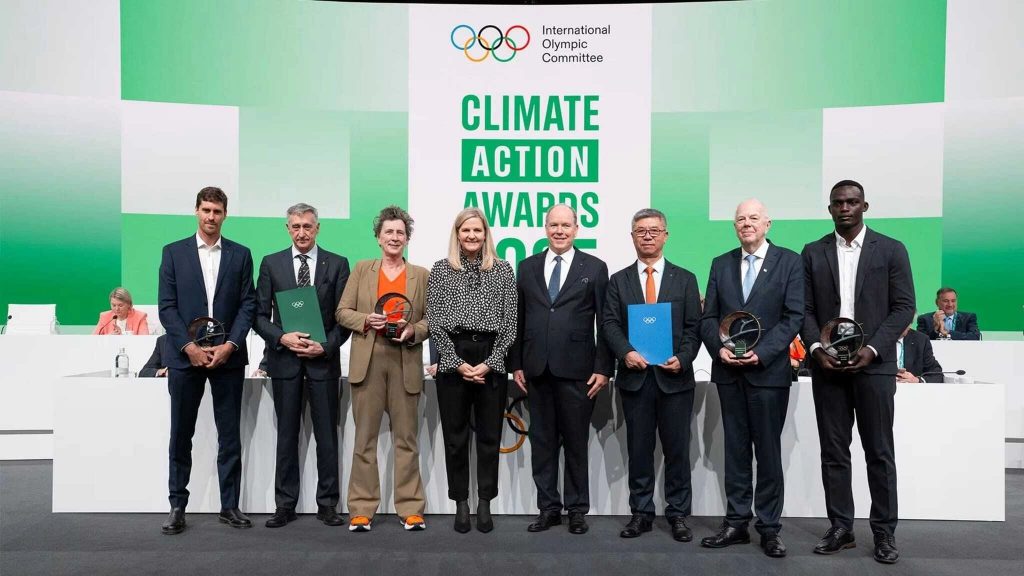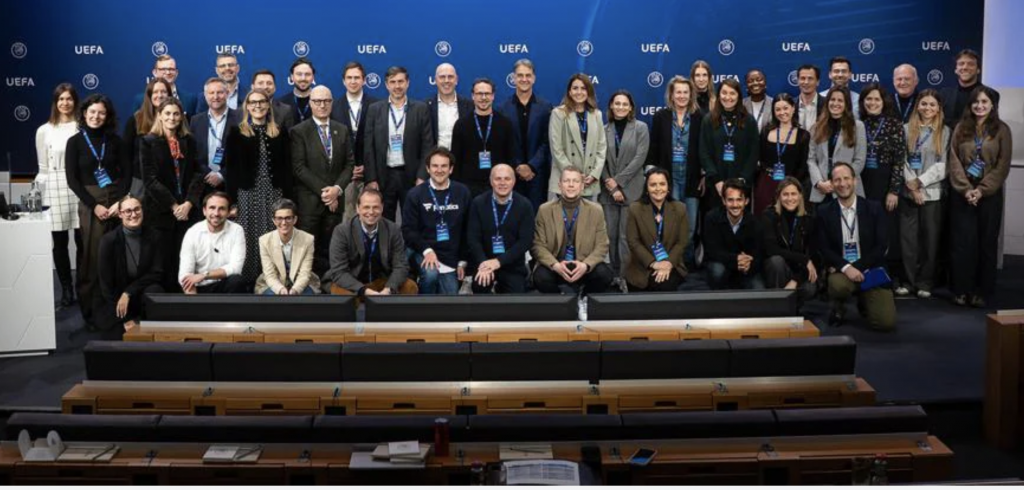To access our unique news archive of over 1,400 articles with insights on over 500+ sustainable sports organisations, join the GSS Network today.
Login here if you are a registered network subscriber.
News article
Beyond the Gym: How the FISU Healthy Campus Programme is Redefining University Wellness
At the recent FISU World Conference session in Böchum, Germany, during the FISU World University Games, a panel of university sport and wellness leaders shared key insights into how the FISU Healthy Campus programme is serving as a powerful strategic tool to embed a holistic culture of well-being and sustainability across their institutions and into the wider community.
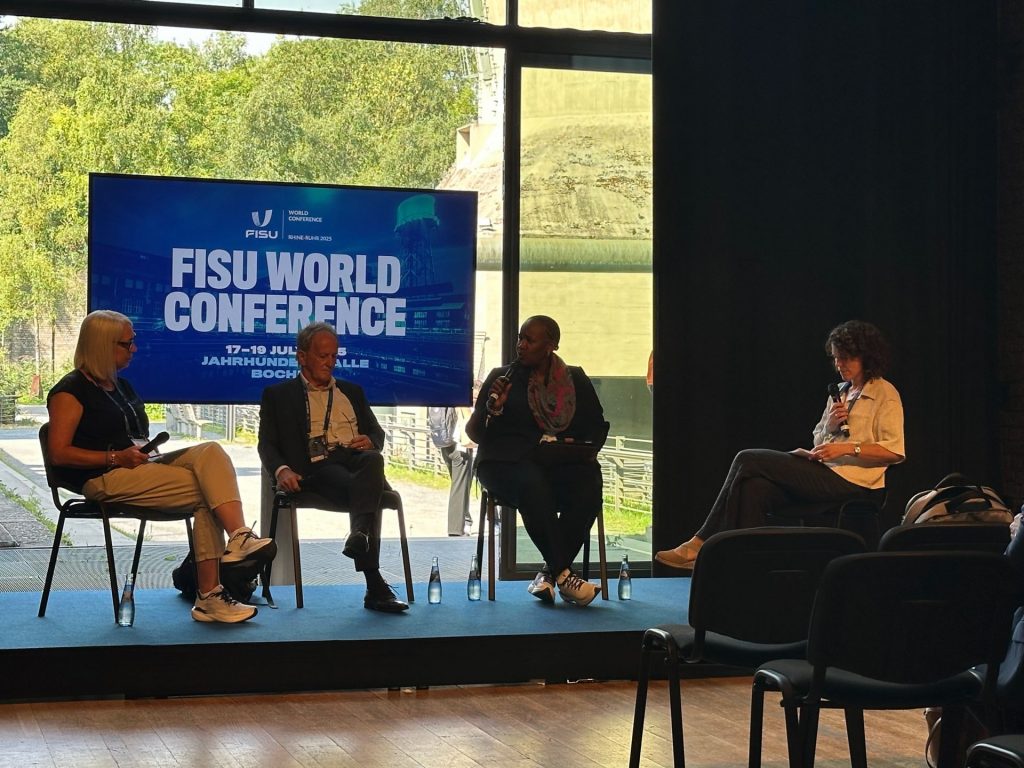
The discussion, featuring directors from Trinity College Dublin, the University of Doha for Science and Technology, and the University of Johannesburg, moved beyond traditional views of campus sport to frame wellness as a collaborative, university-wide responsibility with far-reaching benefits. Moderated by Liesbeth van Vliet-Kruisifikx, President of the European Network of Academic Sports Services, the panel explored best practices for implementation, community engagement, and strategic alignment with global sustainability goals.
A central theme was the programme’s power to break down institutional silos. Michelle Tanner, Director of Sport & Physical Activity at Trinity College Dublin, explained how her university previously had strong but separate initiatives in sport, health, and counselling. “The Healthy Campus framework provides an opportunity for a whole campus approach, where the outcome is greater than the efforts of the individual” declared Tanner.
"The Healthy Campus framework provides an opportunity for a whole campus approach, where the outcome is greater than the efforts of the individual."
This sentiment was echoed by Nomsa Mahlangu, Senior Director for Sport at the University of Johannesburg, who noted “the FISU programme has brought the community much closer together, creating a university community that has a common goal, and the common goal is being healthy”. This unified approach also elevates the profile of sport within the university. Mahlangu explained that after achieving their certification, “everyone is now interested” in the sports department, which was instrumental in them successfully hosting a FISU World University Championship. Anthony Martin, Director of Sport and Wellness at the University of Doha, added that it “fosters a culture of well being within the campus” that “goes well beyond varsity sport or elite sport”.
“the FISU programme has brought the community much closer together, creating a university community that has a common goal, and the common goal is being healthy"
Gaining the necessary buy-in for such a campus-wide initiative presents a common challenge, and the panellists offered clear strategies for success. Mahlangu advised a gradual approach, citing an African saying: “You can’t eat an elephant once off”. Her university began with “Active Fridays,” a simple initiative encouraging staff and students to walk on campus and wear a touch of orange, the university colour. This small step grew into a campus-wide cultural phenomenon, even involving the Vice Chancellor.
"You can't eat an elephant once off"
Tanner advocated for a decentralised model to foster shared ownership. “It’s not me in sport that’s driving this. It’s everybody that’s driving this,” she said of Trinity’s strategy. Their model is built on nine thematic areas, each co-chaired by an academic and an operational lead to break down hierarchical barriers and ensure broad engagement.
However, as Martin stressed, “Support from senior leadership is crucially important and requires dedicated effort to help them understand the strategic benefits. The problem is not a lack of understanding but a lack of awareness of what wellness entails”.
“Support from senior leadership is crucially important and requires dedicated effort to help them understand the strategic benefits. The problem is not a lack of understanding but a lack of awareness of what wellness entails”.
The impact of a healthy campus extends far beyond its gates, with the panel highlighting the crucial role universities play in their local communities. “Universities have a massive role to play in that future education of our future global citizens,” stated Tanner, describing them as “neutral conveners” that can unite political and societal agendas in a safe, collaborative environment. This responsibility is being put into practice globally. In Johannesburg, Mahlangu’s team adopts local schools, teaching children to grow vegetables in repurposed car tyres and addressing food poverty. In Qatar, Martin’s university opens its facilities to the public, runs summer camps for 1,000 local children that include “baking, it’s art. It’s, it’s a whole exposure,” and has launched a “Path to Wellness” programme for seniors.
"Universities have a massive role to play in that future education of our future global citizens,"
Perhaps the most powerful strategy discussed was linking campus health to the university’s overarching sustainability agenda. At Trinity College, this connection proved transformative. “We linked healthy Trinity into the sustainability agenda… on the basis that healthy people make healthy choices,” Tanner explained. This powerful “healthy people, healthy planet” message resulted in “Healthy Trinity” becoming one of three core pillars in the university’s new Sustainability Office, securing it high-level accountability and resources.
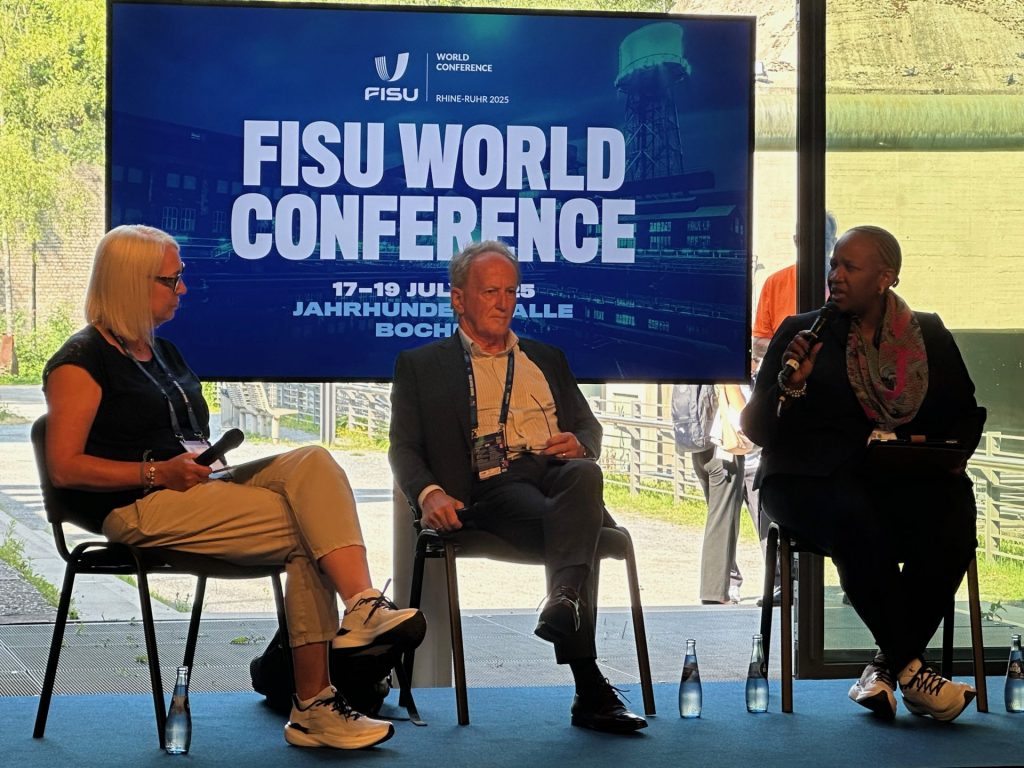
For the University of Doha, the programme is a key contributor to its performance on the UN Sustainable Development Goals (SDGs), particularly SDG 3 (Good Health and Well-being), which directly impacts its international standing. “We now map all of our activities… to the SDGs and to the university strategic plan,” Martin confirmed, noting that this alignment gives the initiative immense credibility.
"We now map all of our activities… to the SDGs and to the university strategic plan,"
Ultimately, the panellists concluded that the Healthy Campus programme is not a checklist but a framework for profound cultural change. “It’s a journey,” Mahlangu said, “you will not get to platinum one time”. Tanner added, “It’s not just about the criteria… It’s really about how the process of going through that criteria creates and fosters the culture”.
"Sometimes you have to start bit by bit really small and make it bigger, let it grow"
The key, they agreed, is to start somewhere, be intentional, and build a broad base of support. Summarising the session’s key takeaway, moderator Liesbeth van Vliet-Kruisifikx concluded, “Sometimes you have to start bit by bit really small and make it bigger, let it grow”.
Join the GSS Alliance Partners programme today
Stay ahead of the game with our FREE weekly newsletter, delivering the latest sport and sustainability news from around the globe straight to your inbox
Join the GSS Network programme today
Register for GSS Workshops today
Join the GSS Education programme today








